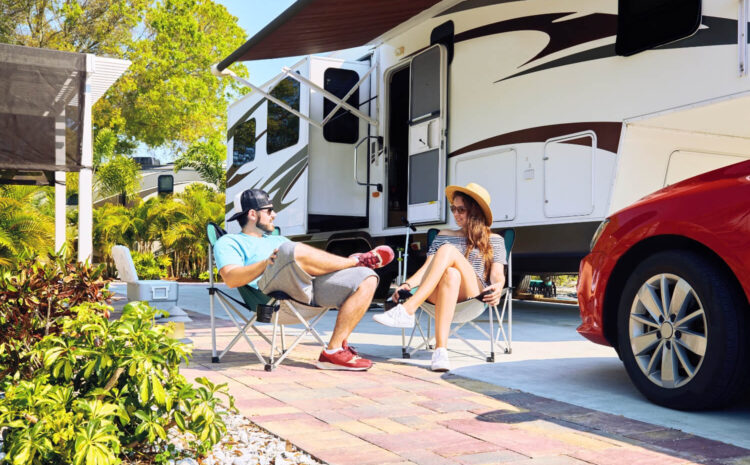
Are you going RV camping? A beginners guide to RV insurance.
Are you a proud owner of an RV? Or are you interested in getting one soon? If so, it’s important to make sure that your vehicle is properly insured. The right insurance coverage will provide protection for your RV and keep you safe on the road. In this blog, we’ll discuss all the ins and outs of RV insurance – why it’s important, what coverage options are available, and how to find the best policy for your situation.
Auto insurance policies typically have three types of coverage that are mandated by different states: liability, collision, and comprehensive. These coverages provide protection in case of accidents, lawsuits, or damage caused by natural disasters. To ensure sufficient coverage for liability in case of an accident with an RV, it’s best to have an RV insurance policy. For motorhomes, it’s necessary, while for travel trailers, the towing vehicle’s policy usually covers it. If you have significant retirement savings that need protection, considering getting additional coverage through an umbrella policy is advisable, as RVs can cause significant damage during accidents.
If your RV is subject to theft or vandalism, the contents inside may be protected under your homeowners or renters insurance policy, but with lower coverage limits than when at home. For valuable personal items and electronics, consider obtaining additional coverage through an RV policy. Kitchen appliances and bathroom fixtures usually fall under the comprehensive and collision coverage of most RV policies.
To protect yourself financially in case of accidents or damages while operating your recreational vehicle, it’s crucial to invest in RV insurance. There are many coverage options available, so take the time to explore them and decide which best suits your needs. Consider consulting with an experienced insurance agent or broker to make an informed decision about your RV coverage.

